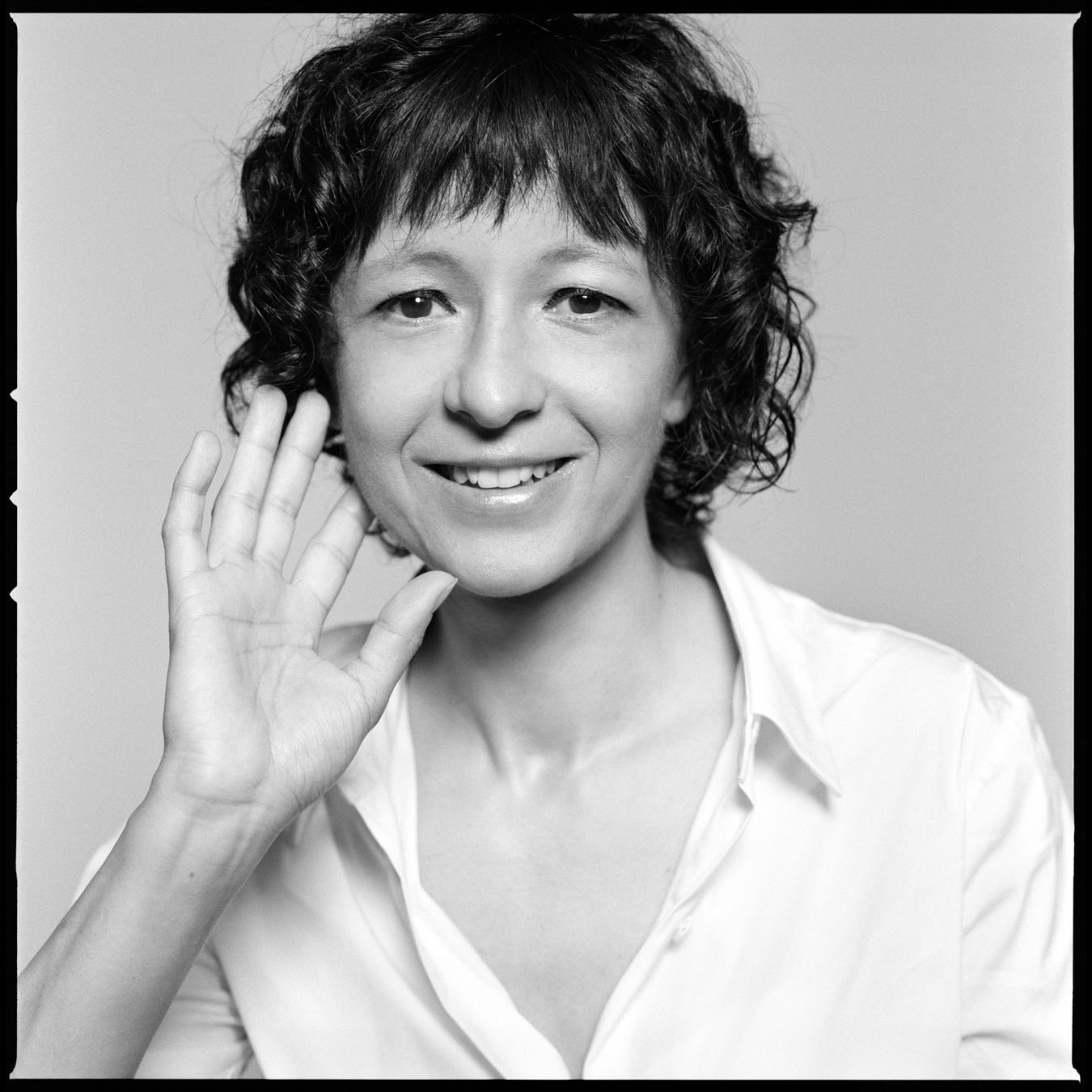Emmanuelle Charpentier
Helmholtz Center for Infection Research and Umeå University
2015 Breakthrough Prize in Life Sciences
For harnessing an ancient mechanism of bacterial immunity into a powerful and general technology for editing genomes, with wide-ranging implications across biology and medicine.
The Science
Emmanuelle Charpentier, in collaboration with Jennifer Doudna, discovered a defense mechanism used by bacteria against invading pathogens such as viruses. The bacteria use a molecular system called CRISPR-Cas9 to extract some of the virus’s DNA, which the bacteria (or their descendants) can later use to identify future invaders from the same species. Charpentier and Doudna re-engineered CRISPR-Cas9 into “molecular scissors” that can home in on a specific section of DNA, cut it out, and replace it with new DNA. This technique holds spectacular promise for new therapies to treat conditions from cancer to inherited genetic disorders to aging.
Comments
Life is complex, full of mysteries and paradoxes. Yet beneath its sophistication lies simplicity. Curiosity, the quest for knowledge and understanding, the search for truth, authenticity, and excellence, a profound need for freedom and independence, and music, dance, and art have rocked my life. I would like to share this award with former and present team members and collaborators, mentors, colleagues, and friends, and all the passionate researchers who have impacted my work and career over the years. The CRISPR-Cas9 breakthrough would not have been possible without the dedication, creativity, hard work and sheer fun provided by younger scientists. I would like to dedicate this honor to my parents, family, and friends. I am most grateful for their love, support, and understanding for my long absences and our mostly virtual relationships. I am very honored and happy to join the remarkable entrepreneurs and scientists of the Breakthrough Prize foundation to highlight together the excitement of fundamental research, the basis for any innovation. Finally, I feel privileged to do research on the fascinating world of microbes and look forward to unraveling further the secrets of their, and therefore our, lives.
